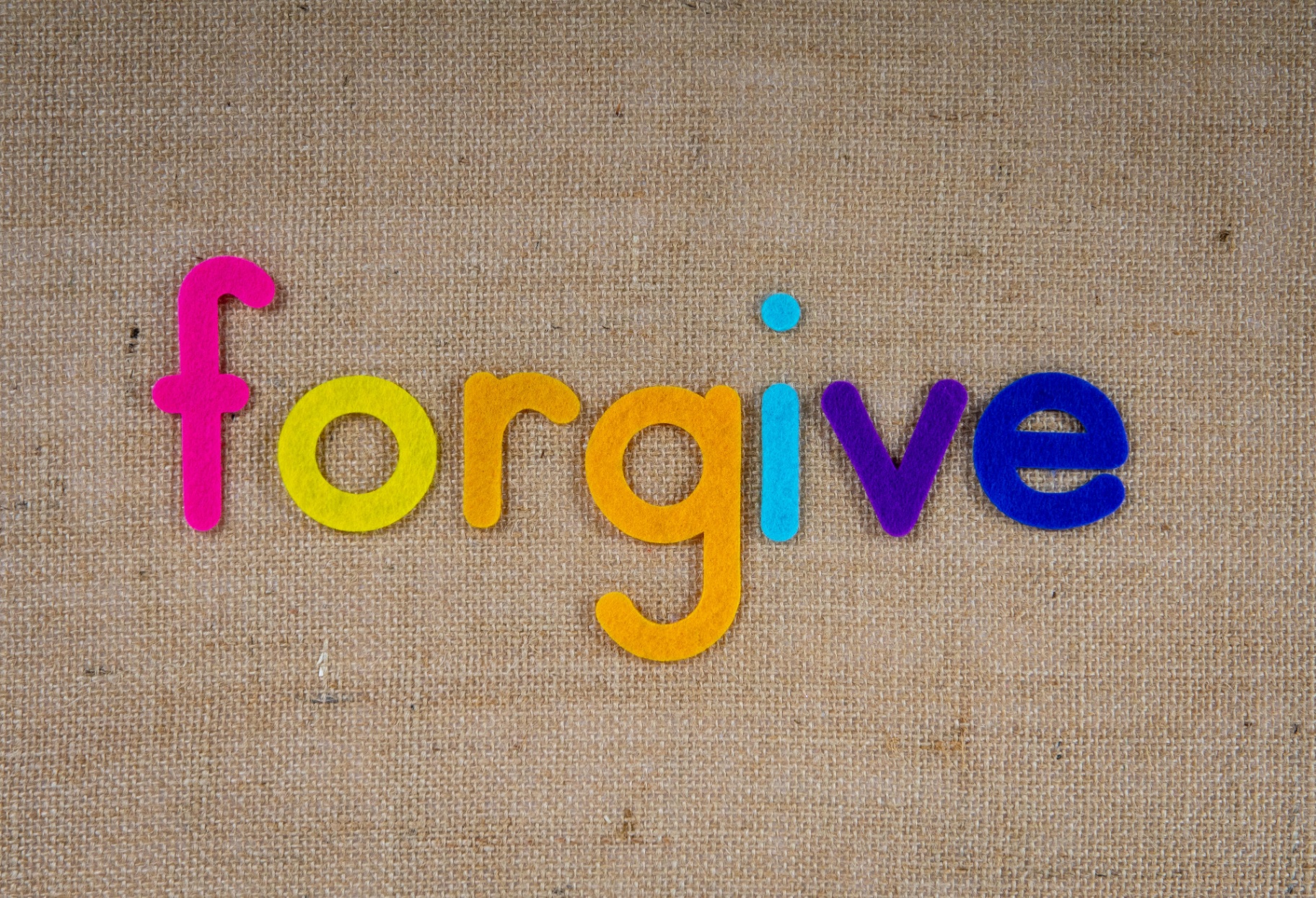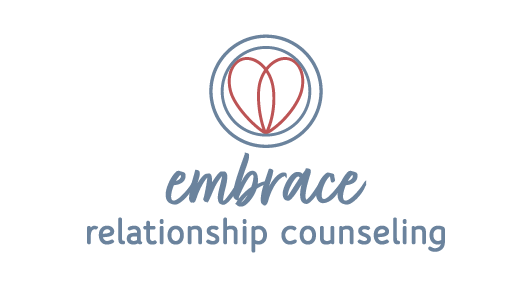Forgiving You, Forgiving Me, Forgiving Us

**This is the fourth blog in a series about the 5 most important qualities I see my successful couples develop, explore, embrace, and live as they heal and create new paths forward. These are the building blocks in their new foundation of deeper connection and intimacy. And now, hopefully yours, too! Enjoy!
Crisis turns our world upside down. Crisis is a mirror being dropped, shattering into pieces large and small, sharp edges threatening to hurt us once again as we attempt to pick up the pieces and put them back together again.
But we can’t. The pieces don’t fit together in quite the same way. The cracks show, the smallest pieces-splinters and fragments of what was once solid and strong- leave gaps, the integrity of the glass weakened by the breaking.
Before the break we were able to look in the mirror and see ourselves as whole. The reflection matched how we felt within ourselves- unscathed, strong, complete. After the break we look in the mirror and once again see a reflection that matches how we feel within ourselves. In this reflection we see the cracks, the gaps left by missing pieces, weakness and brokenness where there was once strength and surity.
Crisis can happen in an instant. A car accident, a fall, hearing unexpected bad news about a loved one or the loss of a job. Crisis can slowly build over time. That first drink, that first pill, that first secret internet search, that first coffee or lunch with that understanding coworker that you don’t tell your spouse about. These moments build, one upon another, until the hard truth suddenly emerges and the mirror shatters into a thousand pieces.
This shattering, this crisis is never just my crisis. When my mirror shatters, it shatters the mirrors of those who love me the most. My crisis just becomes theirs. They experience heartache, disappointment, fear, uncertainty, anger, sadness, fear as well. I try to manage my crisis while supporting them in theirs. They try to manage their crisis while supporting me in mine.
But who supports us? The us that is the couple, the relationship, the identity of two shattered mirrors with pieces now mixed together, sharp edges defining the fragmented memories, fingers cut from trying to pick up the pieces.
Forgiveness does.
You may have heard the saying about forgiveness being a gift we give ourselves. I don’t disagree with that; I just think there’s more to it than that. When working with couples I work with 3 unique identities: one person, the other person, and the couple itself. That distinction is important in that it raises awareness about the needs, strengths, and weaknesses of each person and well as those of the couple itself. I have my needs, strengths, and weaknesses; you have yours; our marriage has those, too.
Feelings are like passengers on an airplane. Some people just nod and smile at you then leave you alone as they go about their own business. You know those people are there, but everyone is playing nicely with others and all is comfortably quiet and the flight enjoyable. Feelings sometimes come up. They nod, smile, pleasantly make their presence known and go on about their own business. We know they are there, but they are playing nicely with one another thus leaving us with an overall sense of calm and peace because they don’t need anything more from us.
However, some passengers on the flight don’t smile and nod and play nicely with others. I bet everyone one of you has a story about your seat being kicked for the whole flight by a child sitting behind you. That child wanted something on the flight, something the kicking would eventually get them.
That child wanted attention. Your attention. And the kicking occurred until you finally gave the attention so badly wanted.
Feelings work the same way. They want your attention. Some just want a small nod of hello or a smile of acceptance. They get that, they’re satisfied, they move on. Others want more. They kick our thoughts like the child on the airplane until they consume all of our emotional energy and we explode against them in an effort to make them go away. We don’t like them, don’t want to deal with them, and just want them to STOP. But they don’t stop, won’t stop, until we give them the attention they need.
They need the soothing of forgiveness.
I encourage my clients to have a conversation with their feelings, ask why the feeling is there, ask what it has on its mind that I should know. That’s the attention feelings seek. They want to be seen, heard, understood. When we give them that attention they stop kicking the back of our seats, literally and figuratively.
Forgiveness is a gift we give ourselves when we take responsibility for not listening to them until they escalated to the point of kicking the back of our seat to get our attention and causing an emotional crisis. We pause, acknowledge our role, forgive ourselves, and then feel the calmness that settles in as we listen and learn.
Forgiveness is a gift we give others in much the same way. We take responsibility for our role in the crisis that is now enveloping both of us. We ask for their forgiveness. We listen and learn about what they are experiencing. We offer validation, empathy, and compassion.
Forgiveness within a couple is foundational to relationship success because forgiveness erases resentment. Moving forward with confidence and complete buy in from both people doesn’t happen while resentments are lurking in the shadows. People are hesitant to truly, deeply, unconditionally forgive until they feel that the other person “gets” their role in the crisis, the pain, the broken trust. Learning to “get” you begins within me. Until I can truly accept my role in the crisis we are experiencing, forgive myself while also holding myself accountable to learn and grow from the experience, and convey those thoughts to you, I will not be able to hear your pain, sit with you in the moment it overwhelms you, or grow as I learn to respond differently and soothe you.
This flows in both directions. From me to you, from you to me. Not optional.
This needs to flow in both directions. It must. Forgiveness flowing freely between us puts us on the same team. We can then work together to ask forgiveness from the marriage, that third identity created when we offered promises of love and nurturing, took vows of unity, signed a contract to be a couple for life.
Marriage, partnerships, committed relationships want to forgive. And so they do, over and over again for big hurts and little hurts, when the people asking for forgiveness truly value, honor, and cherish the forgiveness given.
As always,
Embrace your best self! Anne
